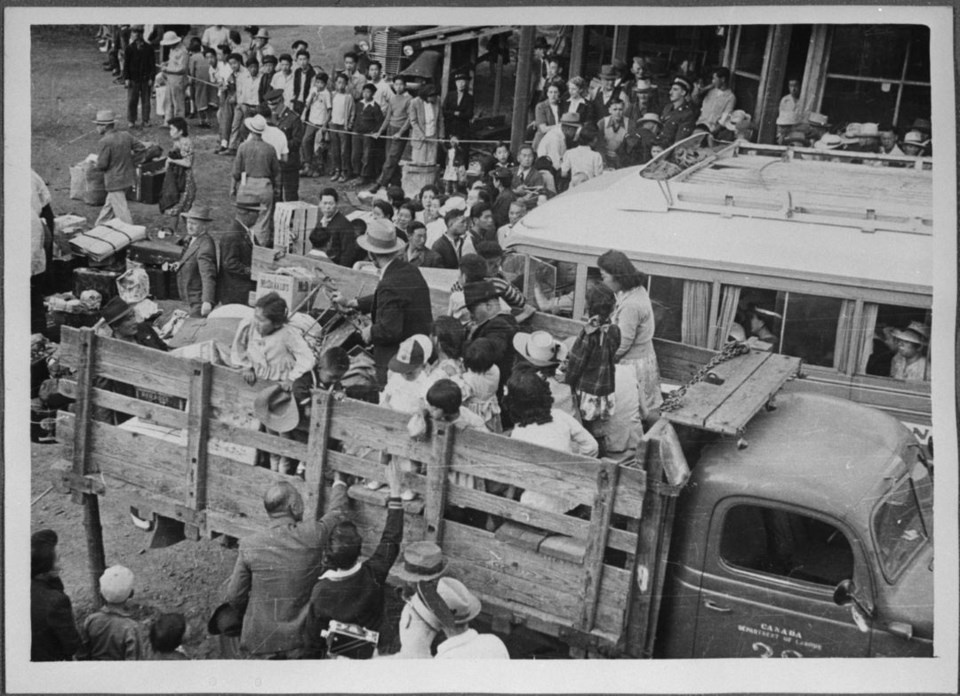SASKATOON — The Diefenbaker Canada Centre (DCC) at the University of Saskatchewan (USask) has a new exhibit that showcases the complexities of wartime decisions and their implication on civil liberties.
Developed by the Canadian Museum of History, Lost Liberties: The War Measures Act, a travelling exhibition, invites visitors to reflect on some lesser-known aspects of Canadian history – the delicate balance between national security and individual freedoms in times of crisis.
“Lost Liberties sheds new light on the enduring impact of this Act on Canada and its people and allows visitors to learn more about these difficult chapters in Canadian history,” said Xavier Gélinas, curator, political history of the Canadian Museum of History and co-curator of the exhibition.
“It not only places these crises in their historical context, but also examines them through multiple perspectives and, above all, presents poignant first-hand accounts from the men, women, and children who lived through them,” added Dr Mélanie Morin-Pelletier, historian, war and society of the Canadian War Museum and co-curator of the exhibition.
The enactment of The War Measures Act during both World Wars, and the 1970 October Crisis in Quebec had serious impacts on the civil liberties of many individuals, groups, and communities in Canada. Through a compelling narrative, the exhibit documents the fears, racism, and crises that drove the suspension of civil liberties resulting in the internment of Canadians of Ukrainian, Italian, and Japanese origin during the times of war and political crisis.
DCC’s Programs and Outreach Co-ordinator, Kirsten Falzarano, hopes that the interactive discussions and hands-on activities will help raise awareness and ignite conversations among the youth about the consequences of this Act.
“Educating our community on democratic ideas and creating dialogue is a core value of the DCC,” she said.
The DCC officially launched the exhibit on February 27, with an opening reception featuring Cal Sexsmith, chair of the Saskatchewan Railroad Historical Association, who spoke on the Eaton Internment Camp located outside of Saskatoon and the permanent exhibit commemorating this site at the Saskatchewan Railway Museum.
Lost Liberties will be on display until June 22, supported with funding from Canadian Heritage’s Exhibit Circulation Fund. Guided tours suitable for all ages, as well as tours for community and school groups will be available throughout the year. In addition, accompanying educational program aligned with Saskatchewan’s curriculum is also available.
— Submitted by USask Media Relations




